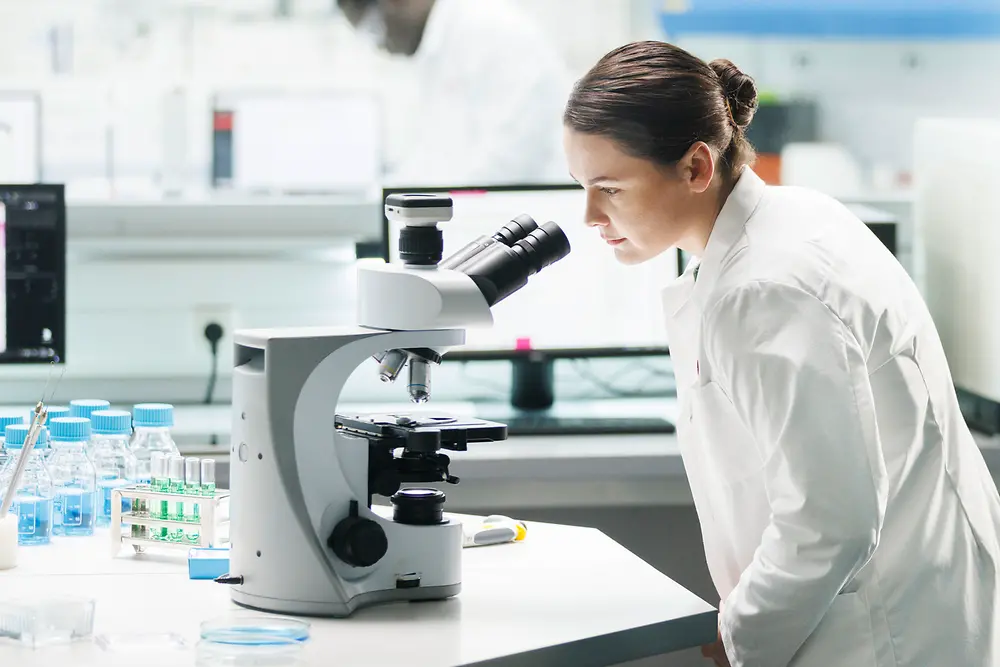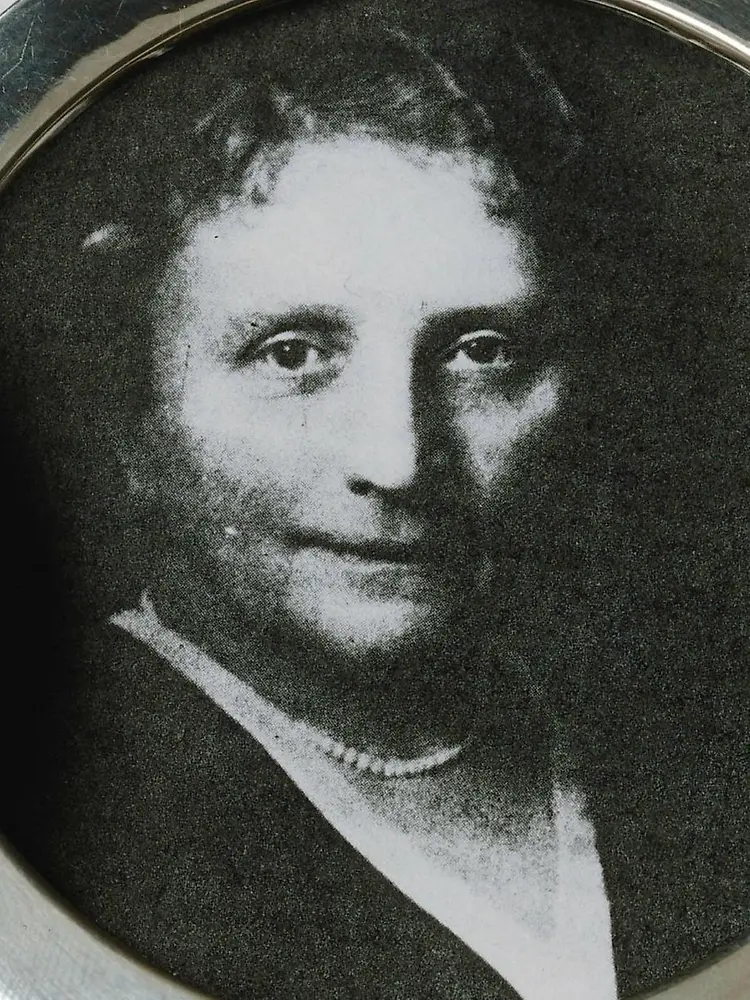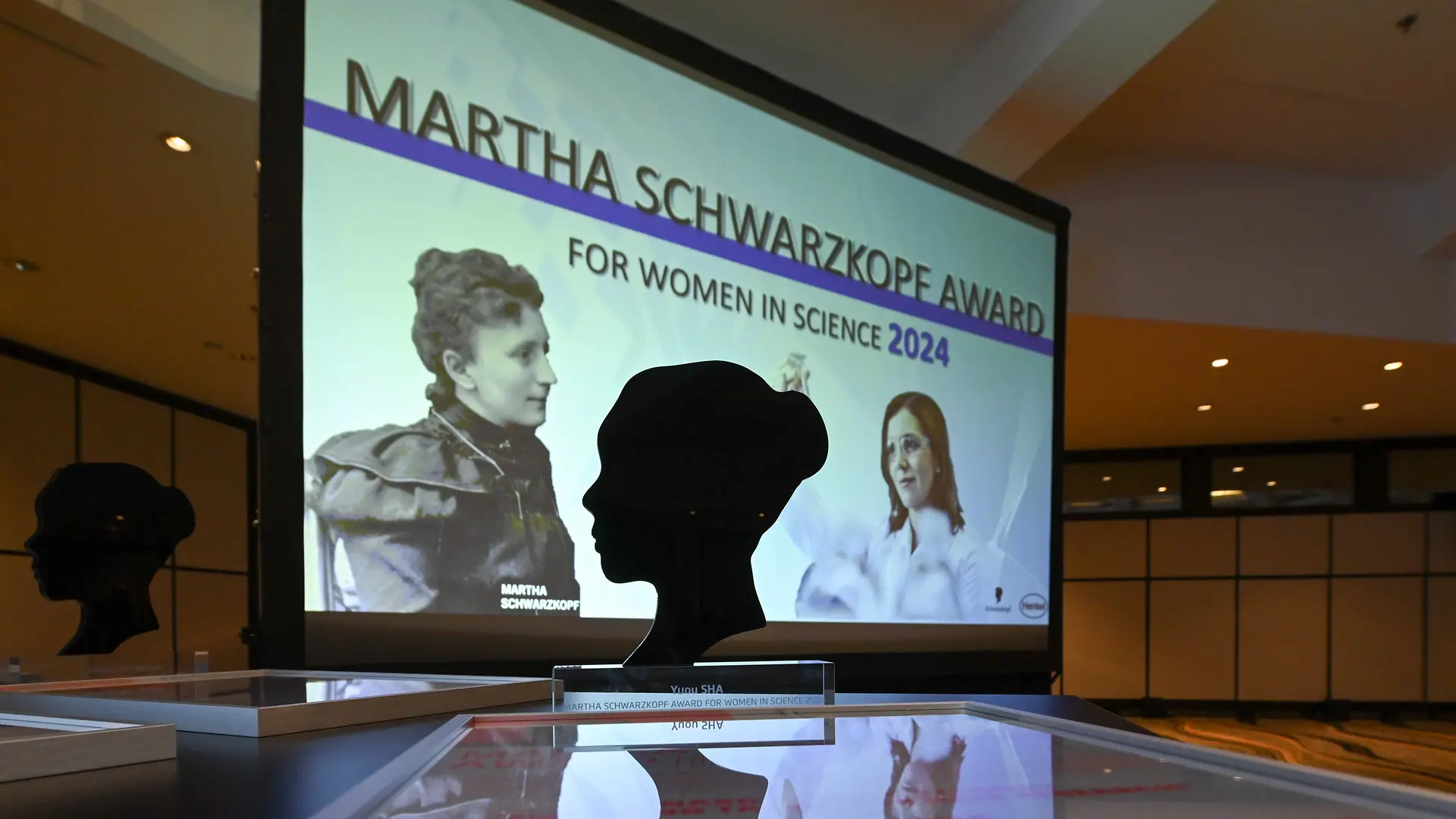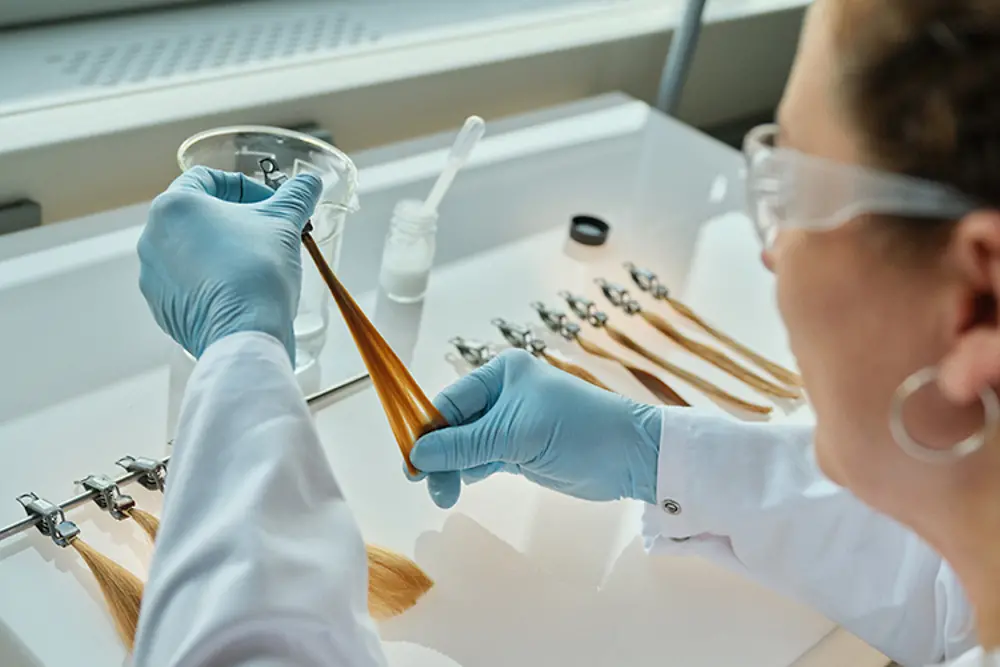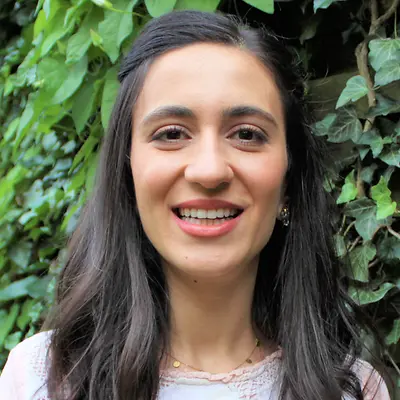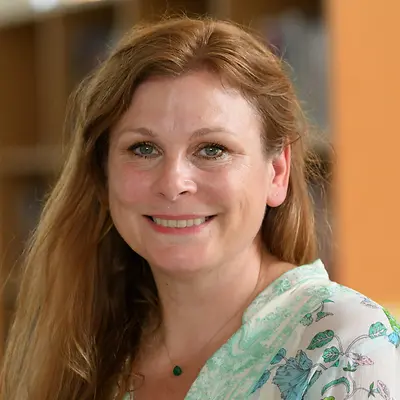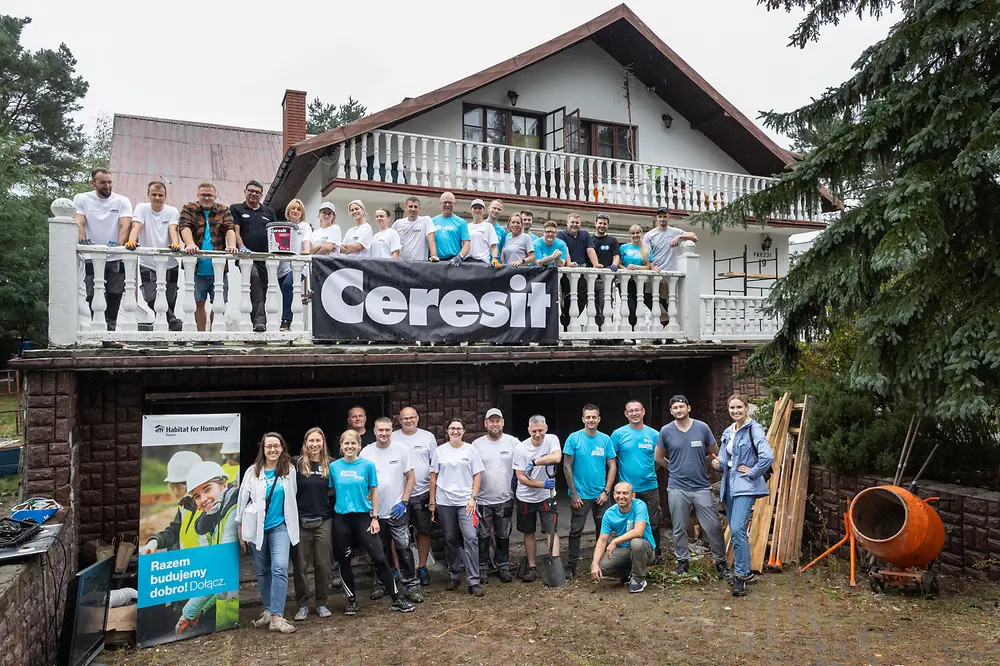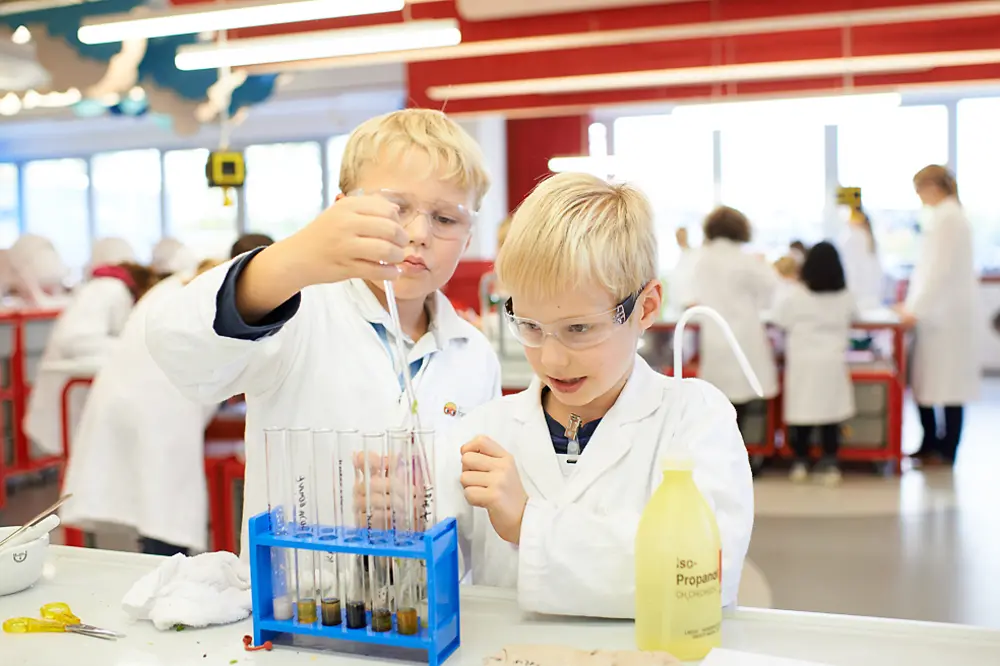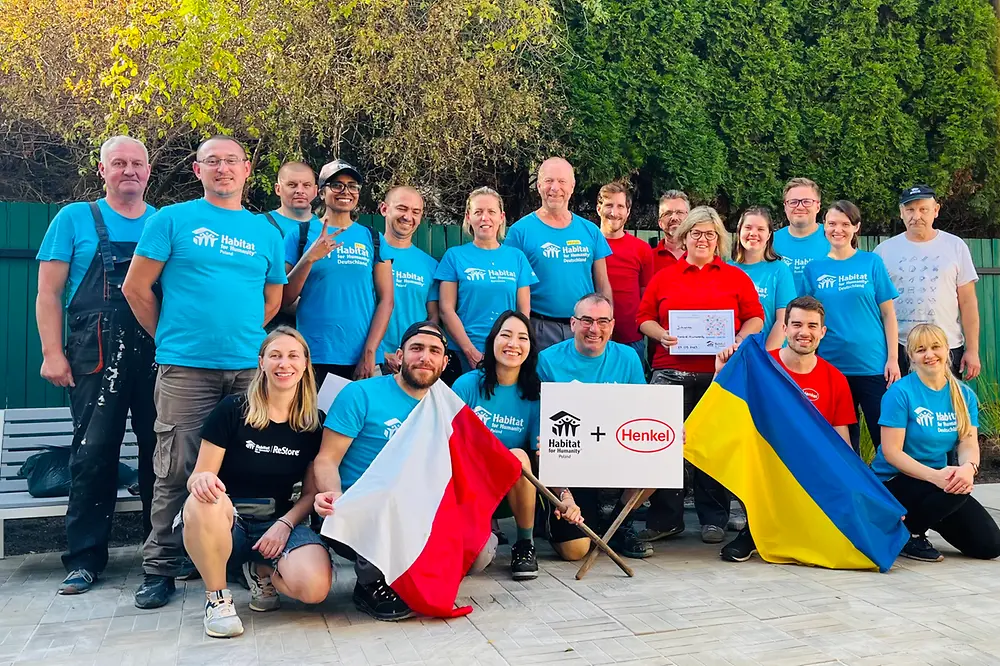The award winner Dr. Claire Higgins (Lifetime Contributions, 2023)
Claire is an Associate Professor at the Imperial College London and President of the European Hair Research Society. She has been researching hair follicles and their surrounding skin environment for 20 years. Since last year, she has been a member of the scientific advisory board of the Scalp Science & Technology Research Group at Henkel.
“I love asking questions. And I enjoy the challenge when I don’t know the answers. At school, many teachers thought I was disruptive in class as I was always putting my hand up to ask yet another question, but really, I just wanted to understand. When I went to university, I wasn’t sure whether to study science or art as I loved being creative. Ultimately, I chose science. In art, you can create something – but you need to be creative in science to push boundaries and solve problems that no one has solved before.
I used to think the world of hair science was rather small. But through the Martha Schwarzkopf Award, I’ve met many female scientists who approach things in completely different ways. While we study the scalp and look beneath the surface, others focus, for example, on the hair fiber. There is still so much to discover about the hair follicle. Great solutions are often the result of collaboration between people with different perspectives and abilities. That way, the same questions can be viewed from different angles, and surprising answers can emerge. That’s also the long-term vision of the award: to advance research by building a global network.
Together with other award recipients and researchers, we founded the scientific advisory board of the Scalp Science & Technology Research Group at Henkel. Our goal is to evaluate how scientific findings can be translated into new technologies or therapies. I’m a scientist through and through, not an entrepreneur. There’s still so much I can learn through collaboration, and I enjoy expanding my abilities in that area as well. I want my research to have an impact – to truly help people.
Anyone who wants to advance in science must create visibility for themselves and their research. Many women lose this visibility – especially when they become mothers. It simply becomes more difficult to attend conferences or give guest lectures. At my university, there is a scholarship for mothers and fathers returning from parental leave. With that funding, I booked a flight and hotel for my parents so they could travel with me and take care of my 4-month-old daughter while I delivered the keynote at the World Congress for Hair Research in Spain in 2019. More initiatives like this are needed to achieve equality in science.”






